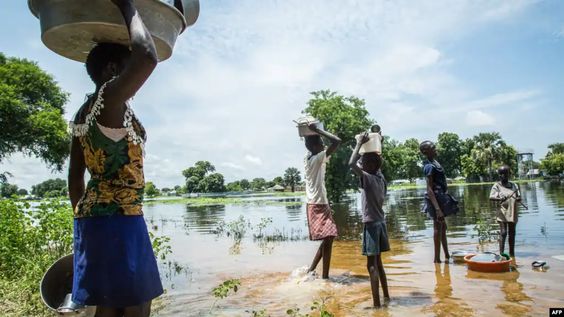Headlines
NEWS FLASH: 133 million Nigerians live in poverty

According to the federal government, 133 million Nigerians, or 63% of the population, live in poverty.
The data was revealed on Thursday in Abuja during the introduction of Nigeria’s Multidimensional Poverty Index (MPI) Survey.
It was done by the Oxford Poverty and Human Development Initiative, the National Bureau of Statistics (NBS), the National Social Safety-Nets Coordinating Office (NASSCO), the United Nations Development Programme (UNDP), and UNICEF (OPHI).
According to Daily Trust, the calculation of the statistic was based on the Multidimensional Poverty Index (MPI), which has five components: security, education, living standards, and health.
According to the survey, which was conducted between November 2021 and February 2022 and sampled more than 56,000 households across the 36 states of the Federation and the FCT, 65 per cent of the poor—or 86 million people—live in the North, while 35 per cent—or nearly 47 million people—do so in the South.
Sokoto State was found to have the highest percentage of residents living in poverty overall, at 91%, while Ondo had the lowest percentage, at 27%.
President Muhammadu Buhari said the index was selected because it offers tools to identify poverty and combat it with policies while speaking at the ceremony.
Buhari was represented by Prof. Ibrahim Gambari, his chief of staff.
According to the research, “nearly half of Nigeria’s population is multidimensionally poor and prefers to cook with dung, wood, or charcoal over cleaner energy sources. Sanitation, accessibility to healthcare, food instability, and housing are among areas of high deprivations in the country.
“Across most states, the prevalence of monetary poverty is often lower than the prevalence of multidimensional poverty. According to the national monetary poverty line for 2018–19 and the National MPI 2022, respectively, 40.1% and 63% of Nigerians, respectively, are multidimensionally poor.
